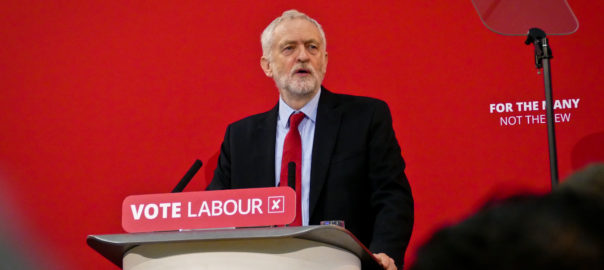Jeremy Corbyn, the leader of the British Labour party, says he wants to “do far more to give a real voice to working class communities who feel they aren’t heard in politics”. He also says the EU has weakened the British working class by enabling the “wholesale importation of underpaid workers from central Europe”. Given that Corbyn is steeped in the Bennite socialist tradition, it’s fair to assume that these sentiments are genuine. After all, working class political representation and Euroscepticism are cornerstones of Bennite ideology.[i]
Corbyn’s stance is close to the preferences of working class constituencies, particularly those in the post-industrial north of England. The EU referendum shows this. Politically, many people from this background saw this vote as an opportunity to have their voices heard after decades of being ignored by mainstream politics. And economic and cultural anxieties were major factors behind their large-scale support for Brexit.
Yet despite this apparent affinity, many within the working class don’t like Corbyn. In fact, at the last general election voters from this background swung towards the Tories. A key reason for this seems to be perception. The working class tend see Corbyn as the spokesperson for a middle class, metropolitan politics that says little for their material interests and typically more conservative values. And in a way they’re right.
Continue reading Corbyn’s contradictions: which side of Labour’s political coalition will lose?
